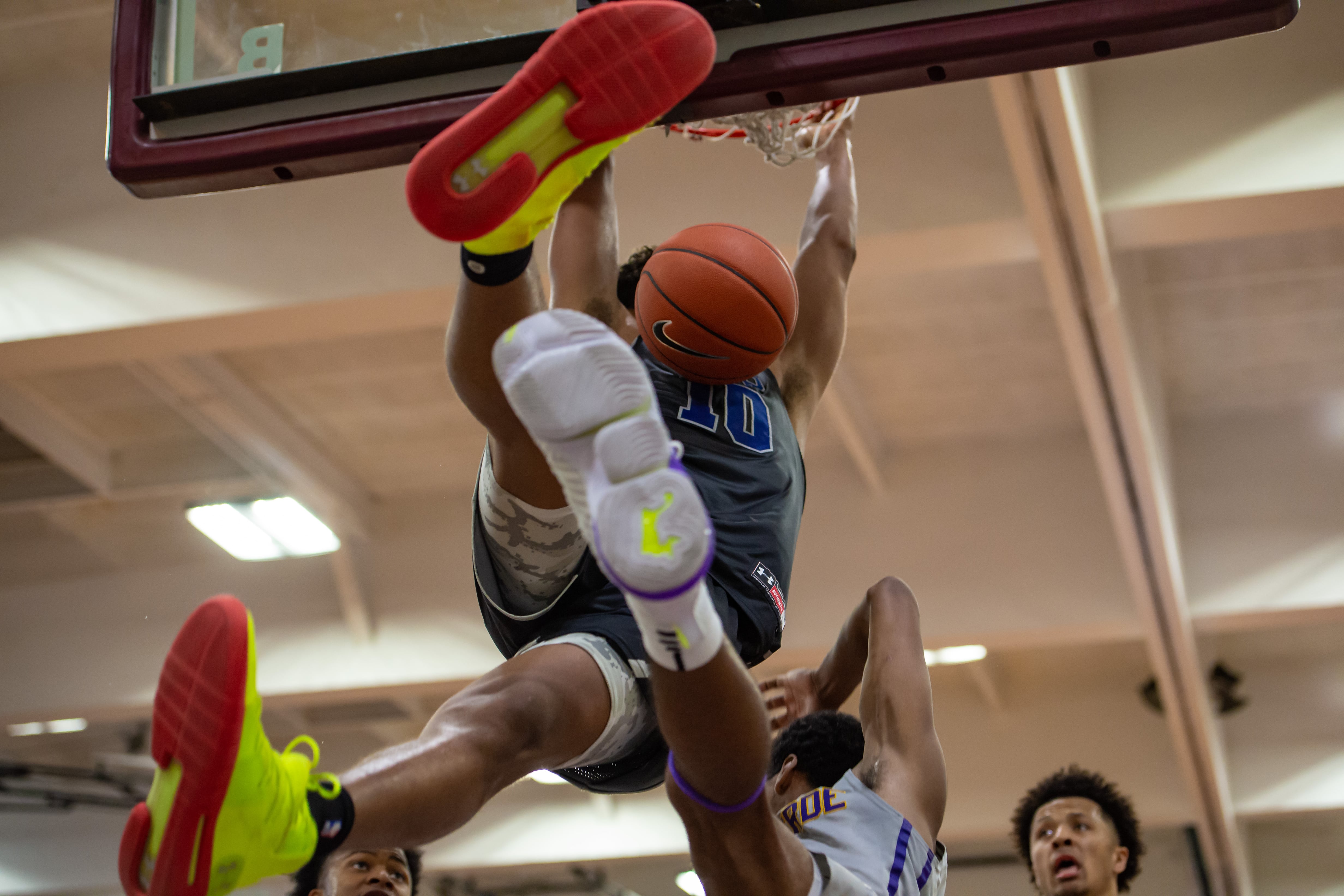Students who participate in a range of extracurricular activities including sports will no longer face a COVID vaccine requirement, Mayor Eric Adams announced Tuesday, ending the only mandate that applied to public school students.
In August 2021, the city announced that students participating in “high risk” extracurricular activities must be vaccinated against the coronavirus, a policy that covered roughly 20,000 students in the Public School Athletic League who play sports ranging from bowling to basketball. It also included students in chorus, band, and musical theater programs that weren’t part of their regular course loads.
Adams scrapped that requirement on Tuesday along with the vaccine mandate for private employers just before receiving the latest bivalent booster in front of reporters. But other vaccine requirements affecting public schools still stand: All staff must be vaccinated, including coaches who are employed by the city, and so must any visitors to school buildings, a policy that some parents have criticized.
City officials did not present a clear explanation about why the vaccine mandate is being peeled back in some contexts but not others.
“I don’t think anything dealing with COVID is — makes sense,” Adams said when asked about dropping the vaccine mandate for private employees but keeping it for public ones. “You make the decisions based on how to keep our city safe, how to keep our employees operating by taking the vaccine.”
Anna Bershteyn, an assistant professor of population health at NYU, said she supports ending the mandate for student athletes, given that some sports are held outdoors where the risks of transmission are lower.
“I wouldn’t single out athletes specifically and I think there are better ways to boost vaccination rates that don’t interfere with healthy activities by children,” she said.
Bershteyn pointed to school-based vaccine clinics as one way to boost uptake, something the city has done in the past. But the city’s health commissioner, Ashwin Vasan, suggested the focus would be to encourage parents to get their children vaccinated through their pediatrician or through other healthcare providers.
“That was really intended to raise childhood vaccination rates at a time when we could stand those things up,” Vasan said, referring to school-based vaccine clinics. “Now we’re at a point where emergency dollars are drying up.”
Some experts said that approach could make it more challenging for families with busy work schedules or who lack access to the healthcare system.
Last school year, about 52% of public school students were considered fully vaccinated.
Despite a local law requiring the regular disclosure of that information, the city hasn’t posted new data since April. A health department spokesperson said the education department is working to update it. Citywide, nearly half of all people ages 0-17 have not received a single vaccine dose.
The coronavirus has generally been less severe among children, though concerns remain about virus transmission especially among people who are older or unvaccinated. And it’s clear the virus is still circulating: On Monday, 1,251 students and 564 staff reported positive COVID tests, city data show.
There are also significant racial and geographic variations in which students are vaccinated, according to a recent study. The vaccination rates at schools where a majority of students are Asian American was 66%, while majority white or Black schools stood at 44%. Majority Latino schools were in between at nearly 54%. A previous Chalkbeat analysis also found big disparities by neighborhood.
In Chicago, vaccination rates have dipped as vaccinated students graduate and are replaced by students without shots.
Adams once considered the possibility of requiring vaccines for all students, though few school districts have moved in that direction. City officials said they are encouraging vaccinations by sending letters home to families, conducting pop-ups at public hospitals, and deploying mobile units in more vulnerable communities.
At Tuesday’s press conference, officials said they are launching a public relations campaign to encourage people to get the new bivalent booster shots, which are available to people 12 and older whose last vaccination was at least two months ago.
Alex Zimmerman is a reporter for Chalkbeat New York, covering NYC public schools. Contact Alex at azimmerman@chalkbeat.org.






